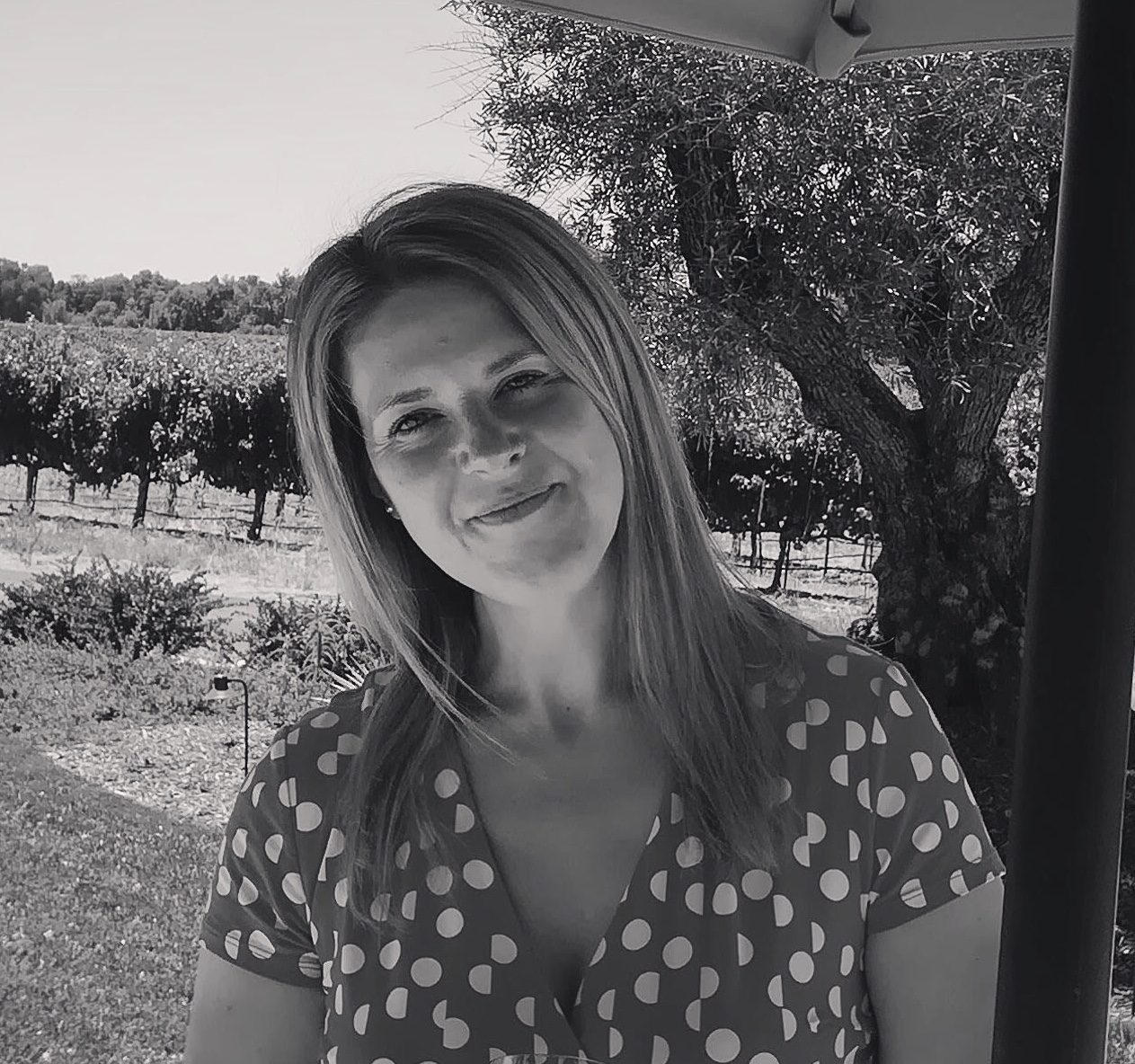“You’re not good enough.” “You’re not smart enough.” “Who are you to think you can do this?” “What’s wrong with you?” “You’re a failure!” These are just some of the thoughts that take up residence in my mind, and I know I am not alone. All of us experience the perils of an inner critic – a critical inner voice that judges and berates us and with whom we’re contending with daily. In reality, we each have two selves that converse back and forth in our minds 24/7. One of these selves is our true self – a kinder, softer self that comes from a place of love and compassion. Typically rational and supportive, our true self is like our internal cheerleader. It wants the best for us and wants us to reach for the stars and to achieve our highest goals.
Our other self, however, our inner critic, takes a much sterner tone, typically judgmental and laced with negativity and scolding. It wants to keep us safe and likes very much when we stay in our comfort zone. A self-protective mechanism, our inner critic tries to safeguard us, and we become fearful – fearful of failure, success, rejection, embarrassment, shame… the list goes on. When our inner critic is at play, we tend to avoid the things our true self actually wants for us, and subsequently, it thwarts our attempts to move forward, limiting our potential and keeping us stuck. Stuck in unhappy relationships that may no longer serve us, in roles and in jobs that are unfulfilling. It keeps us from asking for that raise or promotion or putting ourselves out there and asking that cute guy or gal out on a date. Fear holds us back, and so it’s no wonder that we lack the confidence and courage to fearlessly pursue our goals and dreams, and we opt to stay the course on our safe and comfortable route.
In the classic book “Feel the Fear and Do It Anyway,” Susan Jeffers suggests that “at the bottom of every one of your fears is simply the fear that you cannot handle whatever life may bring you. If you knew you could handle anything that came your way, what would you possibly have to fear?” She then goes onto say that “by re-educating the mind, you can accept fear as simply a fact of life rather than a barrier to success.” While I wholeheartedly agree with this, in reality, it’s much harder to do. Pushing through fear takes a lot of courage – the courage to put yourself out there in all your glory, knowing that you may indeed fail. You may be rejected. It’s hard to do that – to surrender to vulnerability.
In the Netflix show ‘the Call to Courage’, Brené Brown recites the famous quote from Theodore Roosevelt, which had provided a defining moment for her:
“It is not the critic who counts; not the man who points out how the strong man stumbles, or where the doer of deeds could have done them better. The credit belongs to the man who is actually in the arena, whose face is marred by dust and sweat and blood; who strives valiantly; who errs, who comes short again and again, because there is no effort without error and shortcoming; but who does actually strive to do the deeds; who knows great enthusiasms, the great devotions; who spends himself in a worthy cause; who at the best knows in the end the triumph of high achievement, and who at the worst, if he fails, at least fails while daring greatly.”
Brené urges the audience to join her in the arena. To decide every day to choose courage over comfort. She assures us that when we step into the arena, we’ll get our butts kicked but what’s the alternative? We get to the end of our lives asking what if?
Essentially, we each have a choice. We can choose to stay stuck and remain in our comfort zone, or we can step into our power, choose courage over comfort and grab our goals and dreams by the horns and start living a life of no regrets. Our inner critic is always going to be a part of us, but with some practice and perseverance, we can learn how to turn our critic into an ally and start to push through our fears.
Cultivate a Growth Mindset
Back in 2012, I had the opportunity to move from the UK to California. I immediately turned it down. My thoughts were fixed on fear. “I couldn’t move to California; that’s not me.” “I couldn’t afford it,” “I don’t know anyone.” Fear and doubt immediately crept in, and I believed that I wasn’t courageous enough to do it. So I didn’t. Two years later, the opportunity presented itself again. This time my mindset was different. I couldn’t move to California became, “why not”? I couldn’t afford it, became “I’ll find a way to make it work.” I considered ways I would overcome my fears if they did transpire. By adopting a different mindset and challenging my beliefs, I realized I could handle whatever came my way and so I took a leap of faith. I’ve now lived in California for five years, and I’m beyond grateful that I found the courage to go. It truly opened up so many opportunities and has vastly broadened my perspective.
Challenging our beliefs and cultivating a growth mindset can help us to move forward and push through our fears. Dr. Carol S. Dweck, a pioneering psychology professor at Stanford University, has done extensive research in this field. In her groundbreaking book ‘Mindset – The New Psychology of Success’ Dweck presents research on the characteristics of a fixed versus growth mindset and how these mindsets can play out in our lives. Those with a fixed mindset, for example, perceive failure as a disaster and consequently they avoid trying or they give up at the earliest hurdles. Not only does this limit their opportunities and keep them stuck, it can also be more harmful to their self-esteem, further adding to feelings of unworthiness. Dr. Leon F. Seltzer, a psychologist in Del Mar, CA, believes that while avoidance is a common defense mechanism, it can be costly. He says “in the moment, avoiding what makes you anxious can safeguard you from disturbing feelings. But it also damages your self-image, leading you to see yourself as less competent, worthwhile, and resourceful. Each time you sell yourself short (or maybe, sell yourself out), your self-esteem takes a hit. And once this avoidance is firmly entrenched, your doubts about yourself and your perceived deficiencies become more severe and difficult to dislodge”.
In contrast, those who cultivate a growth mindset strive for continuous growth and development, and in doing so, they strengthen and reinforce their coping mechanism, viewing failure as merely part of the learning process. Subsequently, they’re more likely to feel the fear and do it anyway, staying on course when obstacles get in their way.
While no easy feat, a growth mindset can be developed through challenging limiting beliefs and making a choice to adopt continuous learning and development as a lifetime endeavor.
Challenge Your Thoughts
Research suggests that of the many thousand thoughts we each have daily, 80% of them are negative. With these thoughts often playing unnoticed in our subconscious mind, we’re usually not even aware of them quietly dragging us down.
Through meditation or by keeping a journal and jotting down thoughts throughout the day, you can begin to notice the thoughts that are playing in your mind and start to become aware of the story you’re subconsciously telling yourself. One way to identify whether your inner critic might be at play is when you’re experiencing a negative emotion and so this would be a good time to pause and reflect on the thought patterns you’re experiencing. Consider; how are these thoughts serving you? And are they even true? Our inner critic develops from our earliest childhood experiences where we absorb the negative judgments and criticism of others, many of which aren’t true or are no longer relevant. Identifying the negative thought patterns allows us to find the evidence and rebuttals that can enable us to reframe the story we’ve been telling ourselves. Known as Cognitive Reframing, we can start to rewrite a new compelling story for ourselves.
“By mastering our thoughts, we can change our life.” – James Allen.
Be Your Own Best Friend
We are our own worst critics, and we would never speak to our closest friends in the same way we talk to ourselves. Dachter Kelter, a psychologist from the Greater Good Science Centre, suggests turning our self-criticism into self-compassion and treating ourselves as we would a dear friend – with support and kindness. Dachter says “it takes a lot of effort to quiet the self-critical voice in our heads and to be more gentle and forgiving towards ourselves. But when we do treat ourselves with kindness, studies find we’re less likely to experience depression, stress, and anxiety… and we’re more likely to be happier and even work on our own self-improvement.”
One way we can do this effectively is through a technique called Self-Distancing. Ethan Kross of the University of Michigan, and Ozlem Ayduk, from the University of California, Berkeley believe that this technique can provide an opportunity to distance ourselves and to respond as if we were somebody else. Doing so means we can take a detached view of the situation. By simply replacing the first person pronoun (I) and adopting the third person (he, she, they) when relaying stories and scenarios about ourselves, allows us to take a step back and view events objectively and rationally. As a result, we lower our emotional attachment and reduce stress.
Comfort or Courage
In summary, your inner critic is always going to be a part of you but by adopting a growth mindset and challenging your beliefs, you can turn your inner critic into an ally and start to push through your fears. You get to decide every day how you want to show up and whether you decide to choose comfort or courage. Don’t let fear hold you back from living your best life. Take control and step into the arena.
Recommended Reading
- Feel the Fear and Do It Anyway: Susan Jeffers
- Mindset: The New Psychology of Success: Carol Dweck
- Daring Greatly: How the Courage to Be Vulnerable Transforms the Way We Live, Love, Parent and Lead: Brené Brown
- Top Five Regrets of the Dying: A Life Transformed by the Dearly Departing: Bronnie Ware


